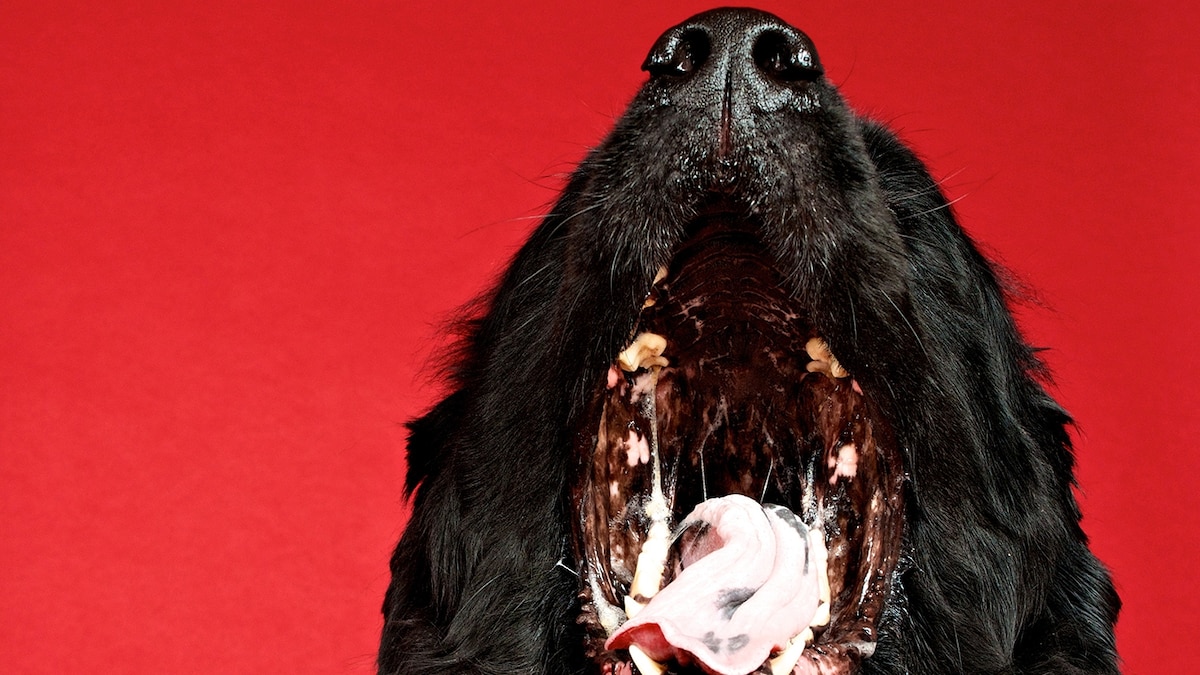In forensic science journals, dozens of individual reports of pet scavenging provide insight into a situation that many pet owners may find unsettling. These studies explore the question of whether pets would eat their owners and shed light on the true nature of our relationships with animals, challenging our interpretations of their behavior.
Studies of pets’ scavenging behaviors reveal how animals perceive their surroundings and reinforce the idea that our pets may view us as a potential food source under certain circumstances. The available forensic evidence paints a picture of how pets interact with their deceased owners and highlights the complexity of these relationships.
Contrary to popular belief, cats are not as likely to consume their owners after death as dogs are. In a reported case from the Journal of Forensic and Legal Medicine in 2010, a woman died from an aneurysm and was found the next day with her dog having eaten a significant portion of her face. Surprisingly, her two cats showed no signs of scavenging behavior, challenging the stereotype of cats as ruthless predators.
Forensic anthropologist Carolyn Rando of University College London explains that cats may target soft parts of the face, such as the nose and lips, when attempting to rouse a sleeping owner. This behavior may escalate to biting when the cat realizes that their owner is not responding. Despite these findings, it is important to consider the individual personalities and behaviors of pets when contemplating scenarios of scavenging.



